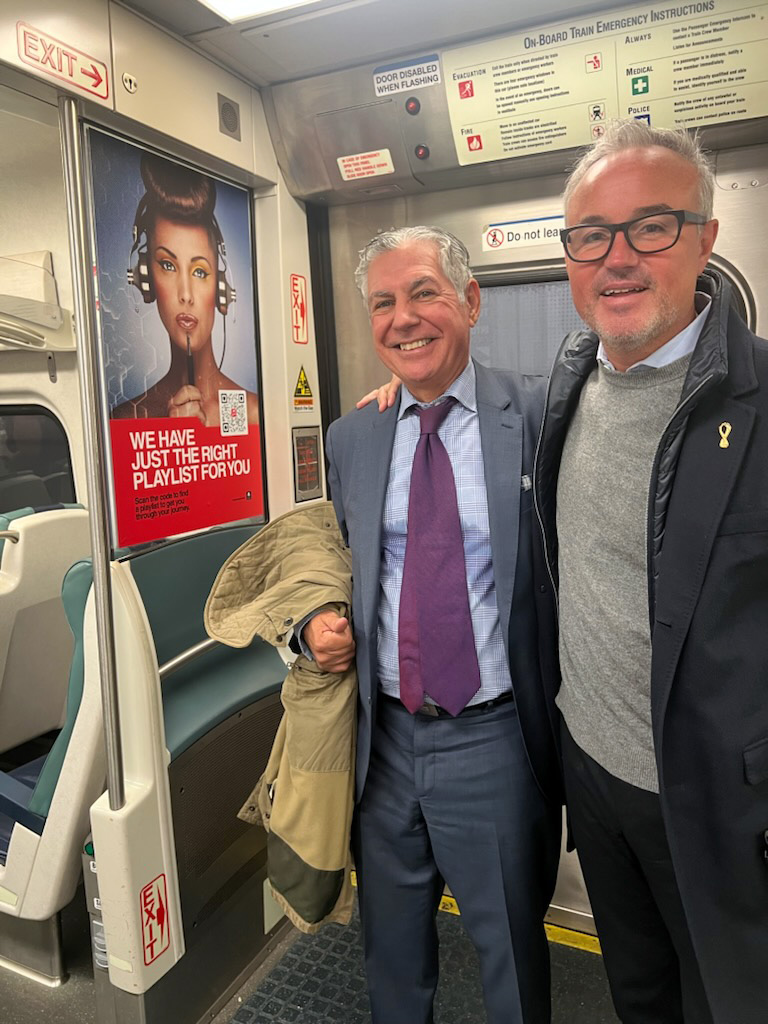Federico Scialabba: When Music Becomes Code, Network, and Behavior

Scialabba lidera una nueva era donde la música se concibe como arquitectura digital, comportamiento y código.
The evolution of the music industry is no longer measured in decades or physical formats. Today, the beat is set by the interplay between technology, human behavior, and digital architecture. In that ecosystem, Federico Scialabba, CEO of Music Brokers, operates with a sharp logic: read the data, anticipate patterns, and build scalable structures so that music not only sounds good—but functions.
The Business Is No Longer About Selling Songs
For Scialabba, the idea of music as a mere file is obsolete. What matters now is circulation: how a track behaves within a digital ecosystem, what kind of interaction it generates, and the data it leaves behind. From this perspective, Music Brokers structures its catalog as a programmable content network—with inputs and outputs connected to algorithmic flows. The goal is not just to create music that sounds nice, but to ensure each musical unit makes sense in its usage environment.
Generative AI + Adaptive Models: Composition as a System
Generative AI is not a future tool—it’s an operational layer of the present. The question is no longer whether AI can compose, but how it integrates into the editorial logic. Music Brokers uses these technologies to model styles, reframe legacy catalogs, and design collections based not on human whim but inferred demand: time of day, type of user, context. Scialabba believes we shouldn’t compete with AI—we should think with it.
Programmable Identity: Virtual Artists and Purpose-Driven Assets
What’s coming next isn’t the expansion of traditional pop—it’s the rise of musical identities built to function within specific contexts. Scialabba follows closely the development of synthetic artists: entirely AI-generated performers with curated aesthetics, narratives, and voices. This isn’t science fiction—it’s an additional layer in the attention economy.
Automated Rights: Blockchain as Music’s Backend
Blockchain isn’t a buzzword—it’s infrastructure. At Music Brokers, the company works within environments where smart contracts automatically handle royalties and payments for all stakeholders: writers, performers, publishers. Traceability isn’t a promise—it’s a requirement. Its application cuts costs, eliminates errors, and enables music to be treated as a tradable asset. Scialabba envisions an industry where catalogs can be tokenized and operate as real financial instruments.
Emotional Hyper-Segmentation: Music as a Sensory Interface
In a world where Spotify knows if you’re walking or sleeping, music must adapt. Music Brokers develops catalogs that respond to these conditions: tracks for anxiety, deep focus, physical training. Not from a therapeutic lens, but a functional one. Music doesn’t heal—it accompanies. And in that ability to shape environments lies its new value.
From Storytelling to Engineering: Redefining the Role of the Producer
Scialabba plays the role of a musical systems architect, integrating technology, editorial strategy, and data analysis to structure decisions and workflows. His approach is less about recording a song and more about designing a flow—from creation to monetization. Decisions are based on user behavior, tech availability, distribution opportunities, and scalability.
In this real-time map—where the listener may also be a coder and not all artists are human—Scialabba isn’t in the business of prediction. He builds with what already exists: data, patterns, automation. Because after more than three decades in the industry, he’s learned one thing for sure: the future of music isn’t recorded. It’s coded.






